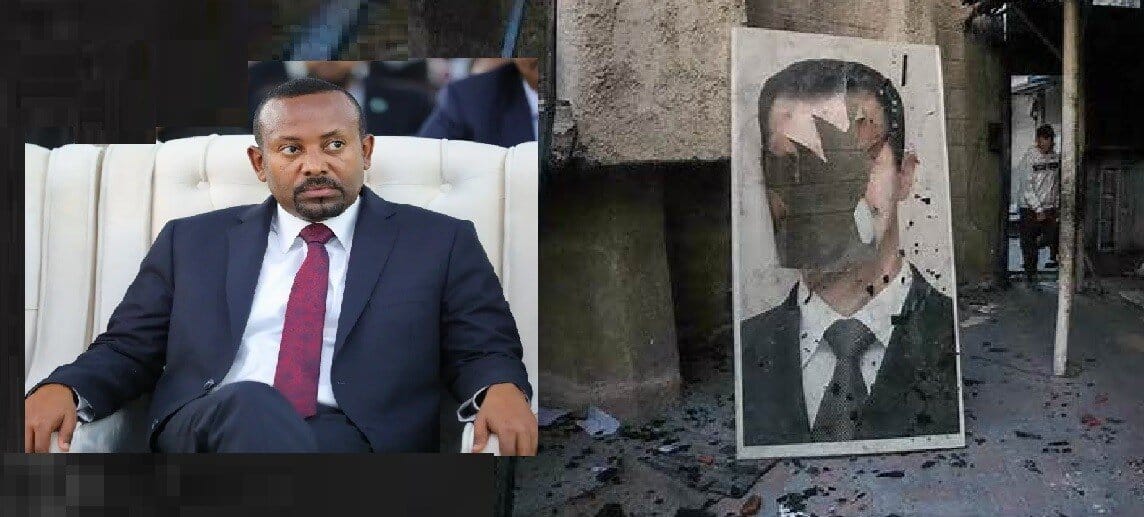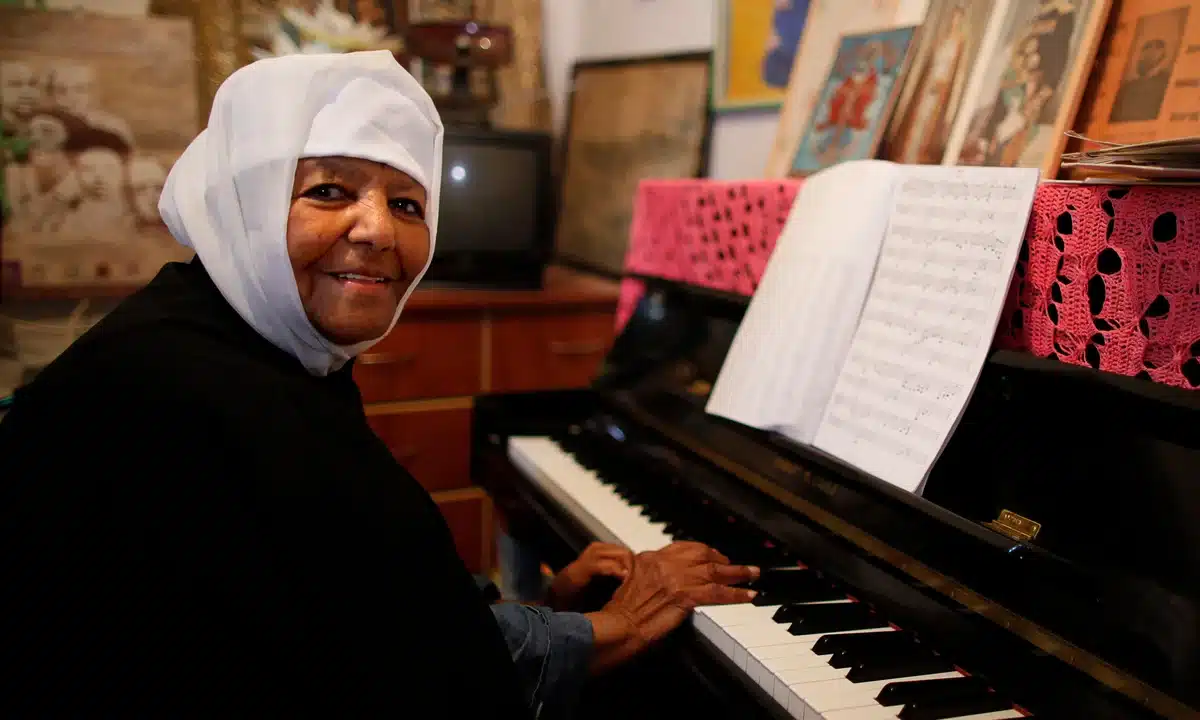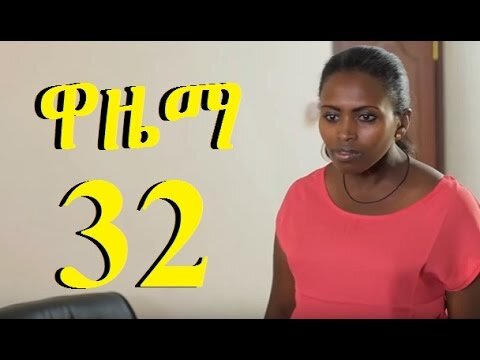TPLF, until recently, bragging with an economic growth of 11%, is now faced with hard question of how to explain the famine that once again hovering over 10 million Ethiopians in the country. The average Ethiopian is asking a simple question that needs a simple answer. If the economy is growing at 11%, why are 10 million people about to starve to death?
The answer is simple. If there is any growth at all, it has nothing to do with the people of Ethiopia. The profits and the proceeds from the growth of infrastructure (service industries, roads, hotels, buildings etc.) are going into the pockets of top TPLF dogs, their Military Generals, and their lackeys. And the infrastructures are basically serving the TPLF state and its allies than the average Ethiopian.
One of the big money makers in Ethiopia is the construction of exaggerated and environmentally devastating big and expensive dams. First, TPLF and its stooges who are in charge of the construction steal money allotted to the project by cooking the numbers. Second, they give the contracts unfairly to TPLF companies and providers further sharing the loot. And finally when the dam is done, the money acquired by selling electricity goes to top TPLF dogs and their supporters. What is left over goes to strengthening the oppressive TPLF state machinery such as Federal police, Agazi army, expansion of prisons, for advancing its war plans with Eritrea and suppressing free medias like ESAT.
And if the dam is built for irrigation purposes as is the case in Gibe 3, it will be used by agricultural firms owned by TPLF or their supporters. Or it may be used by other large agro-businesses owned by foreigners who may have already paid millions of dollars in bribes to gain the farmland where TPLF has removed the local populations by force. This has happened in Gambella, the Omo valley and continues to occur around the country.
And the same problem is going on with the millenium dam on Nile river which may have other serious impacts on top of environmental and ecological disasters. It may be the reason for bloody war with Egypt. But TPLF is not expected to have the guts to engage armed confrontation with Egypt for the sake of Ethiopia’s national interests. Just as they gave land to Sudan, TPLF will 100% agree with Egypt on Egypt’s terms as long as Egypt gave a save facing deal on the negotiations.
To make matters worse, TPLF is now going beyond Ethiopia’s borders affecting the Kenyan population in Lake Turkana not to mention what it has already done to the people in the Omo valley and Gambella with a catastrophic consequences.
A Devastating Climate Change on Populations around Lake Tukana with TPLF Imprint on it
Latest from Blog

Post-Assad Syria: Navigating Hope and Uncertainty
Dahilon Yassin The Syrian uprising against Bashar al-Assad’s regime which escalated into a civil war was violently crushed by the Syrian government in 2011. 13 years later, a surprise rebel offensive reached

The Fall of Assad: How Israel, Turkey, and Iran Are Redrawing Syria’s Geopolitical Map
December 12, 2024 Caleb T (Dr.) Map Showing Regional Alliances in the Syrian Civil War before the removal of President Bashar al-Assad’s regime Other nations in the Middle East dealing with political

Ethiopia: Knowledge and Accountability Matters (Part One)
Tsegaye Tegenu, PhD 2024-12-13 These days, I’ve been engaging you with discussions on researches and data related to the challenges facing our country. The three articles provided—“Ethiopia: Rapid Population Growth, Fragile Contexts

Abiy Ahmed’s Deception and Failure in the Turkey-Mediated Ethiopia-Somalia Agreement
Dr. MeKonnen Birru (birrum@uhd.edu) The announcement of the peace agreement between Ethiopia and Somalia mediated by Turkey marks a significant diplomatic development, but it also highlights a series of contradictions and potential

Abiy Ahmed’s Drone Strikes in Wollo, Bete Amara: A Tragic Toll of Over 30 Lives
Abiy Ahmed drone attacks in Wollo, Bete Amara, have resulted in the tragic loss of over 30 lives, including that of a five-year-old child, while more than 100 individuals sustained injuries. This

Ethiopia’s Fano Rebellion: The Amhara Resistance Reshaping the Horn of Africa
By Taha Sakr DNE Africa — Ethiopia, a nation with a long history of political upheaval, is now grappling with the resurgence of the Fano rebellion—a powerful Amhara-led resistance movement with deep

Deception, Centralization, Manipulation and Betrayal: The Complex Leadership of Abiy Ahmed Ali Paperback
by Dr. MeKonnen Birru (Author) December 10, 2024 Deception, Centralization, Manipulation and Betrayal: The Complex Leadership of Abiy Ahmed Ali Abiy Ahmed, the Prime Minister of Ethiopia from 2018 to present, emerged

The Legacy of Successive Dictators: The Fall of Bashir
Mengistu Musie (Dr) mmusie2@gmail.com Abu Mohammed was the name given to a militant who fought for years against the regime in Syria. After spending significant time in battle, he returned to Damascus,

Ethiopia United: A Call to All Ethiopians by Fano
This message serves as a rallying cry for the collective unity of all Ethiopians, emphasizing the importance of solidarity in the face of challenges. Fano urges every citizen to come together, transcending

A Comparative Analysis of Abiy Ahmed and Bashar al-Assad: The Fragility of Authoritarian Leadership
Dr. MeKonnen Birru Professor @ the University of Houston (birrum@uhd.edu) Abiy Ahmed, the Prime Minister of Ethiopia, and Bashar al-Assad, the ousted President of Syria, may appear vastly different on the surface,

A Love Letter to Ethiopia, A Promise of Unity: Emahoy Tsegue Mariam and her “Souvenirs”
By Solyana Bekele Dubbing her the “Mother of Ethiopian Classical Music,”—as grand as that epithet sounds—might still be doing Emahoy Tsegue Mariam Gebru and her haunting, ephemeral, and አስተካዥ compositions a disservice.

Perspectives to Understand and Approaches in Solving Problems of Ethiopia
Tsegaye Tegenu, PhD 2024-12-09 There are tools, steps, and lenses in understanding (diagnosis) and solving (intervention findings to) the problems facing the country. The first step in unpacking the challenges is called

Abiy Ahmed’s state-controlled media has exhibited a significant lack of commentary concerning the removal of Bashar al-Assad from power.
The choice made by Ethiopian state media organizations, including Fana Broadcasting and the Ethiopian Broadcasting Corporation (EBC), to refrain from covering the ousting of Syrian President Bashar al-Assad, while simultaneously addressing other

The Lesson from Bashar al-Assad’s Collapse
Michael Rubin The current inquiry pertains to which additional nations may be susceptible to the same factors that contributed to the downfall of Assad. The Insight Other Nations Should Derive from Assad’s

Assad Flees: Syrian Rebels Seize Damascus in Dramatic Turn
Assad’s presidency has been marked by authoritarian rule, a strong security state, and widespread censorship. His leadership saw some initial reforms in the early 2000s, but these were followed by a crackdown

